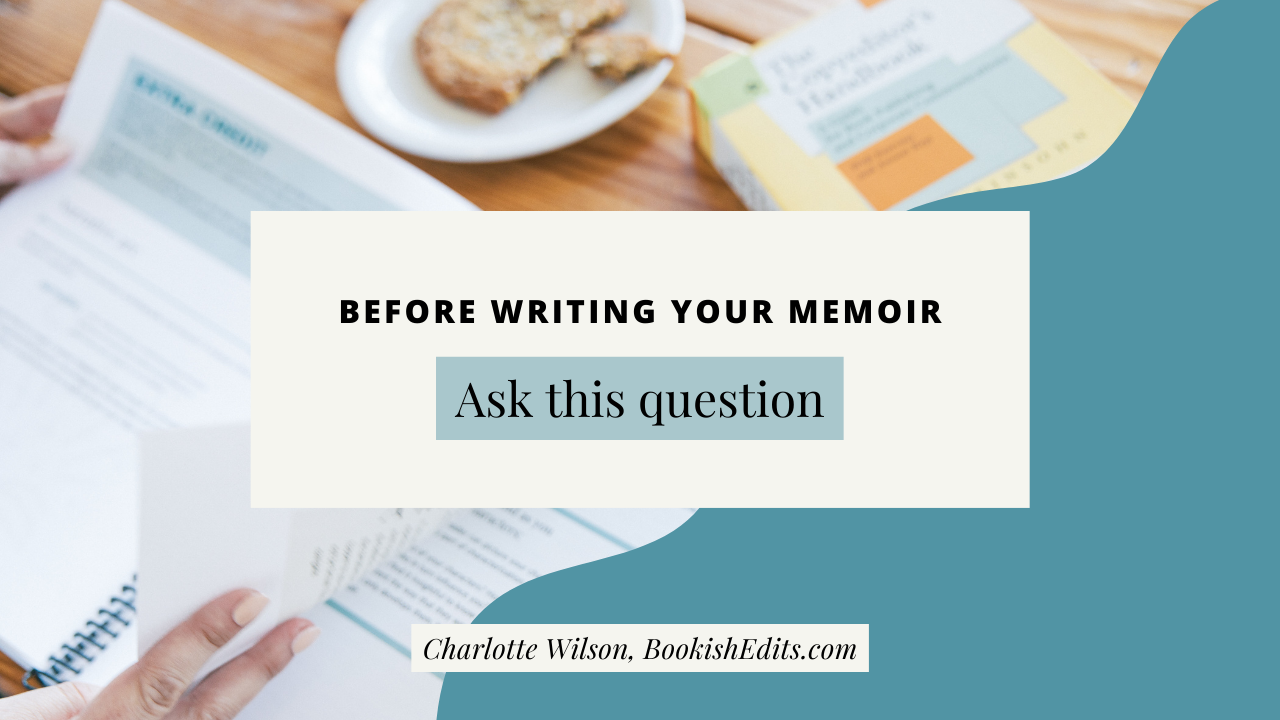One question to ask before you write your memoir
I have three children. They’re fantastic. My children are young and love to talk to me about all of their ideas, especially their dreams. At least one morning a week one of my kids will greet me with an incredibly detailed description of a dream they had. Their retelling goes on and on and on and ON. I smile and nod, sometimes trying to catch the thread of what they were saying so that I can respond appropriately. Occasionally I have to head them off with a strategic, “Wow, hon! That is hilarious! What would you like for breakfast?”
If I read a book that feels like a first-grader’s dream, though? I’m dropping that book fast, and I won’t likely be kind about it.
You don’t want your reader to feel that way about your book. No way. You can circumvent that problem by asking yourself one question:
What story do I want to tell?
Simple, right? The simplest questions often require the most thought to answer. And before you set pen to paper (or fingers to laptop), you need to make sure that you can answer this question: What story do you want to tell?
As you consider your answer to this question, keep in mind these three elements:
Specificity
You want your story to be as specific as possible. Remember the first-grader’s dream—you don’t want that. You want to write a story that is thoughtful and intentional, and to write that you need to narrow your focus (probably more than you’re thinking). Specificity will help you know exactly what story you’re coming to write.
Transformation
What transformation do you experience in your story? You want to show your reader change, whether external or internal (or both). A story with a static character (especially a true story) is boring—and you’re not boring. What transformation do you want to show your reader? Name it, and bring it into the specific story you’ve already identified.
Relevance
Your reader needs to care. When you’re choosing a story to write, you need to give them a reason to invest in you and your transformation. The best way to think about relevance is to ask yourself, “So what?” What about your story makes it different, makes it stand out? What can your reader take away from your story that will impact them? When writing a memoir, you’re not writing for yourself. You’re writing for someone else, and that someone else needs to have a reason to keep reading.
You’re ready to write when you know exactly what story it is that you want to tell. Knowing your story will focus your writing and remove all that extra. Let’s save the dream-sharing for a dream diary (or your mom). Let your memoir be a story.


